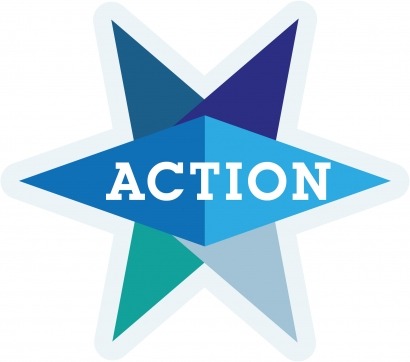
“Reducing the amount of energy consumed in buildings the world over would be a significant step forward in efforts to strengthen energy security and combat climate change,” says the IEA, which recently organised a workshop in conjunction with the World Business Council for Sustainable Development (WBCSD). During the event, the two organisations signed a Memorandum of Understanding, formally agreeing to strengthen their collaboration in a broad range of areas relating to sustainable energy policies and technologies. These include energy policies in the buildings sector, transport and renewable sectors, and policies and measures that address climate change.
Meanwhile, the same workshop saw the launch of the Building Energy Efficiency Policies (BEEP) database, a global one-stop shop for buildings energy efficiency policies. Through BEEP, policymakers, researchers and other stakeholders will have access to policies being implemented, including on: building energy codes, building energy labels, and incentives schemes for capacity building, technical assistance and raising awareness. So far, the database includes information from all IEA member countries as well as China, India, Tunisia, South Africa and Russia. All countries are welcome to submit information on their buildings energy efficiency policies to be included in the database.
Six policy actions for accelerated deployment of renewable energy
As well as working to foster energy efficiency policies, the IEA is also looking at why the transition to clean energy sources is not occurring at the necessary pace and scale, despite the urgency for change being so clear and the potential benefits of renewable energy so large.
Almost a year after the tragic Fukushima nuclear accident marked a change in energy priorities in a number of countries, the IEA‐implementing agreement on Renewable Energy Technology Deployment (IEA‐RETD) has presented the ACTION star in Tokyo (Japan).
The ACTION star is a graphic representation of six policy categories that are essential for the acceleration of renewable energy deployment. “It is based on global best practices,” says Hans‐Jørgen Koch, chairman of the IEA‐RETD, in which nine countries cooperate. “Applying the ACTION star guides policy makers in choosing the right ingredients for successful policies.”
At the Dialogue on the Future of Renewables Globally in Japan organized by REN21, Hans Jørgen Koch announced the publication of the READy book in autumn 2012. This book (Renewable Energy Action on Deployment) presents a kaleidoscope of policy options that have proven to accelerate the deployment of renewable energy technologies, based on experiences around the world at the local and national levels. The ACTION star is launched in a pre‐publication of the READy book.
The IEA‐RETD advocates a further acceleration of renewable energy deployment, starting with the existing promising developments in several countries in the world. “We are well aware that the transformation of the energy system needs to speed up, for several reasons,” Koch says. “Lately, the IEA calculated that any dollar of investment that we don’t invest now in low‐carbon solutions will in fact cost us $ 4.30 later to compensate for the increased emissions. This is only one of a number of reasons why we need to take immediate action!”
Policy makers play a key role by influencing near‐ and long‐term planning and investment decisions. In some countries, policies have successfully attracted substantial financing to renewable energy, encouraging significant technological advancement alongside massive and rapid deployment. “But other countries are still struggling with inertia or have not even begun down this path,” Koch says. “In our picture, a much faster and more global deployment of renewables will advance economic development, create domestic jobs, improve energy security, assist in providing energy access to all, reduce local health and environmental impacts and reduce greenhouse gas emissions dramatically in order to ensure a stable climate.”
The ACTION star
Alliance building: Build alliances and reach agreements among policy makers and with relevant stakeholders including industry members, consumers, investors, and others Communicating: Communicate knowledge about renewable energy resources, technologies and issues to create awareness on all levels, address concerns of stakeholders, and build up the needed work force
Target setting: Clarify the goals, set ambitious targets on all levels of government, and enact policies to achieve goals.
Integrating: Integrate renewables into policymaking and take advantage of synergies with energy efficiency
Optimizing: Optimize policy frameworks by building on own policies or other proven policy mechanisms and adapting them to specific circumstances.
Neutralizing: Neutralize disadvantages in the marketplace, such as misconceptions of costs and the lack of a level playing field.
Current members of the IEA‐RETD are Canada, Denmark, France, Germany, Ireland, Japan, Netherlands, Norway, and United Kingdom. The IEA‐RETD’s mandate is to address cross‐cutting issues that influence the deployment of renewable energy and to act as a vehicle to accelerate the market introduction and deployment of renewable energy technologies. While the other IEA implementing agreements on renewable energy focus on specific technologies, the RETD is cross‐cutting from a technological point of view.
For additional information:

